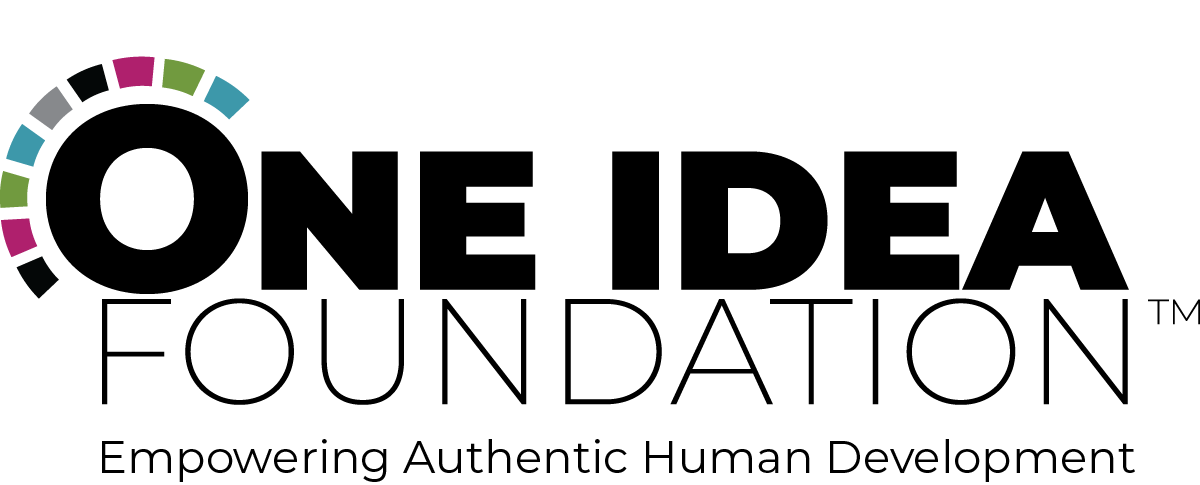A MISSION FOR CHANGE
Advancing Research & Thought Leadership
At the One Idea Foundation, we’re redefining what it means to be truly prepared for life after graduation. In today’s fast-changing world, traditional measures like test scores and GPAs no longer capture the full picture of student success. That’s why we focus on what really matters—mindset, skills, purpose, and the ability to adapt.
Through our partnership with leading academic institutions like the University of Central Florida, we’re conducting in-depth research on the Learn to Start solution to understand its real-world impact on students, educators, and communities. This research helps validate the power of learner-centered, human development models, inform best practices in education and workforce readiness, influence policy, and drive innovation that leads to measurable, lasting outcomes.
Together, we’re building a future where education is more than preparation—it’s transformation.
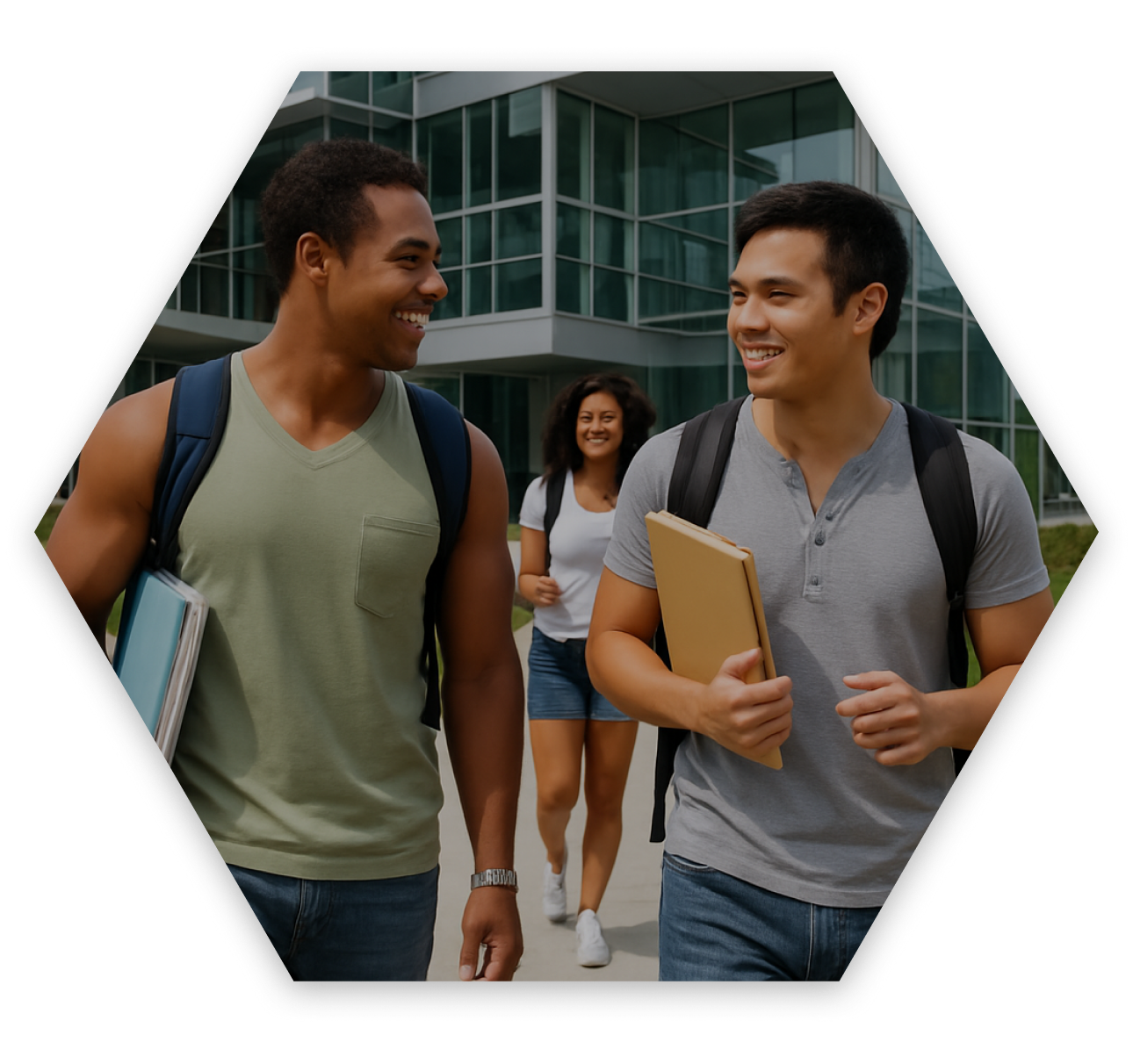
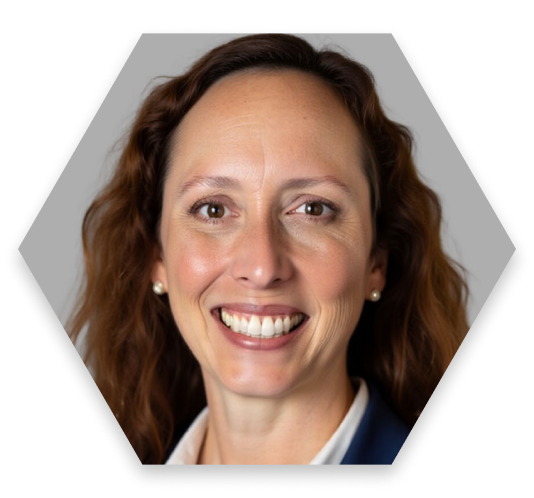
Melissa Clark
CEO & President of One Idea Foundation
“Learn to Start is reigniting purpose in education. It gives students the chance to explore who they are, uncover what drives them, and connect their passions to real opportunities beyond the classroom. At the One Idea Foundation, we see this as a game-changer—not just for students, but for the future of education itself.”
“I’m excited to partner with the One Idea Foundation to study Learn to Start, a program that addresses a critical societal need—preparing students to be market-ready in a way that also nurtures their identity, values, and long-term goals. This approach to human development has the potential to redefine how we think about education and workforce readiness.”
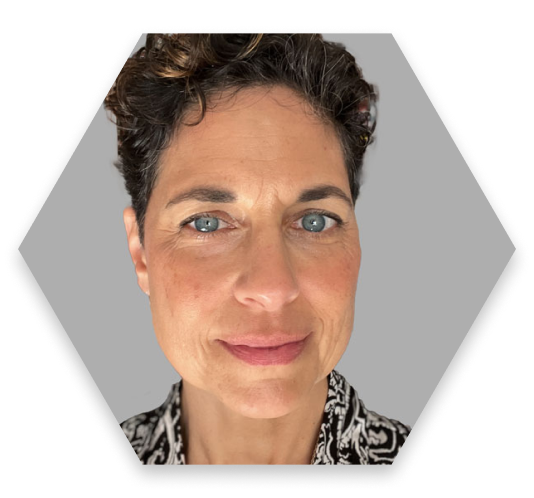
Michele Gill
Professor of Educational Psychology, University of Central Florida
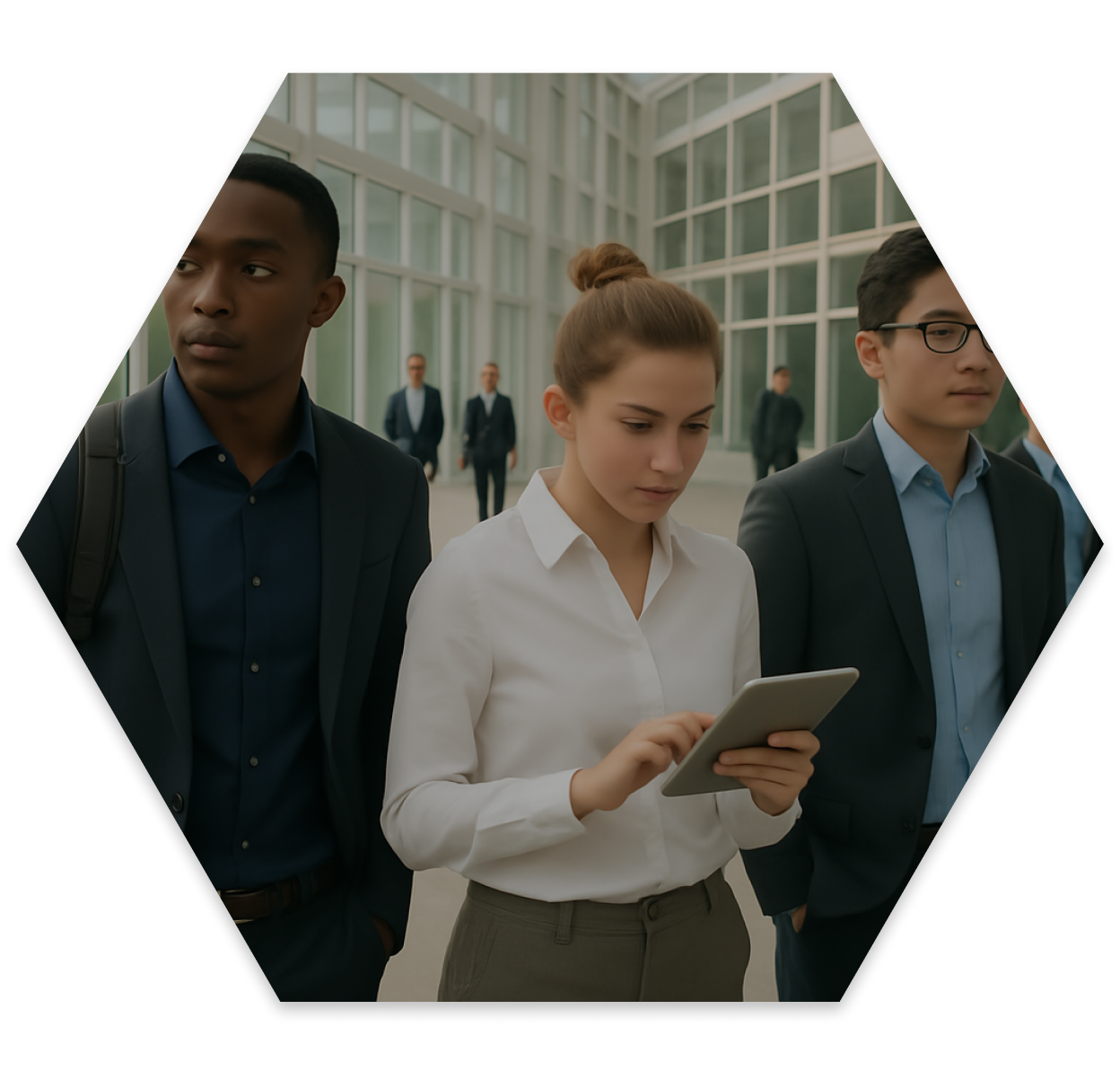
CLOSING THE OPPORTUNITY GAP - A VISION FOR THE FUTURE
The One Idea Academy is our bold vision for expanding access to purpose-driven, real-world education for both high school students and adult learners in underserved communities. Designed to spark personal and professional transformation, the Academy will provide a pathway to Market-Ready skills, meaningful mentorship, and hands-on experience that connects learning to life.
By bridging the gap between education and opportunity, the One Idea Academy will empower individuals to discover their strengths, define their goals, and pursue futures filled with purpose, confidence, and impact.
"The One Idea Foundation is dedicated to helping close the opportunity gap because we believe that true societal progress hinges on empowering every individual, regardless of background, with the skills and mindset to thrive. Our work is not just about education; it's about unlocking potential and fostering a future where success is accessible to all."

Gary Conroy
OIF Founder & Chairman
